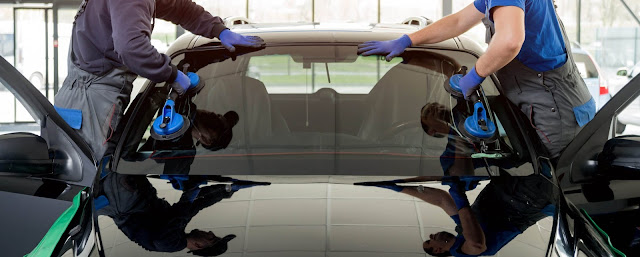Automotive Glass Market Is Likely to Experience a Tremendous Growth by 2030
Automobile glasses are the vehicle's cosmetic glass that protects passengers from the elements such as rain, sun, and wind. Automotive glasses are meant to add little weight to the vehicle, endure strong external forces, and reduce vehicle strain. As a result, all of these elements improve passenger comfort while also protecting them from external environmental concerns like dust and wind.
The increasing global demand for vehicles is one of the major reasons driving the growth of the Automotive Glass Market. According to figures from the International Organization of Motor Vehicle Manufacturers (OICA), the overall number of vehicles sold in 2016 was 94 million units, with 96 million units sold in 2017. As a result, rising vehicle demand is encouraging OEMs to produce more automobiles to suit consumer demand, resulting in increased demand for automotive glass. According to the OICA, the overall number of vehicles produced in 2016 was 95 million units, and that number has since risen to 97 million units worldwide.
Furthermore, rising per capita income has resulted in a corresponding increase in car sales, boosting the automotive glass industry even further. Global GDP per capita, for example, went from US$ 9,509.4 in 2010 to US$ 10,150.8 in 2016, according to the World Bank Group. This is a sign of rising living standards, which has resulted in increased vehicle purchases. As a result, over the forecast period (2018–2026), strong and continuous sales growth in the Automotive Glass Market is predicted to fuel market expansion. Another advantage of solar control glass is that it lowers the harmful effects of UV radiation. This solar glass blocks up to 99 percent of solar radiation, comparable to the protection provided by SPF 50+ sunscreen. This increase in the use of these glasses will boost the global automotive glass market's growth in the near future.
The exponential surge in use of solar control glasses for vehicles is one of the most recent trends gaining traction in the Automotive Glass Market. One of the most significant advantages of using sun control glasses is that it improves fuel efficiency. The use of solar control glass keeps the inside of the vehicle cooler, reducing the demand for air conditioning and making the vehicle more fuel efficient. SEKISUI S-LEC, LLC, for example, introduced S-LEC Solar Control Films in 2014. This glass reduces the transmission of heat (mid-infrared) rays from the sun, effectively managing in-car temperature while lowering air conditioning demand and enhancing fuel efficiency by 3%.




Comments
Post a Comment